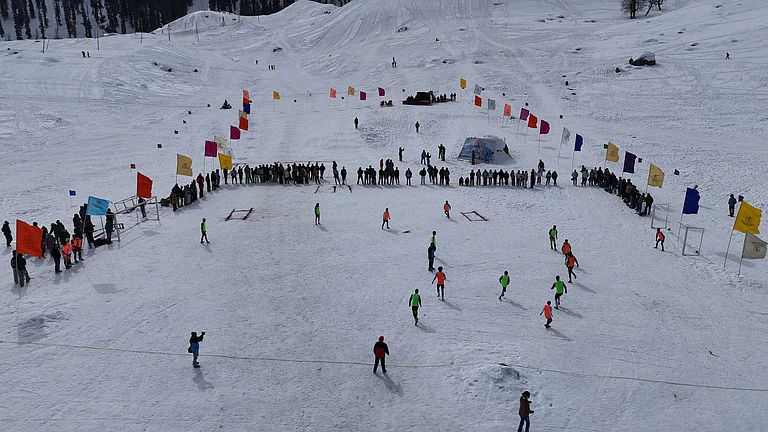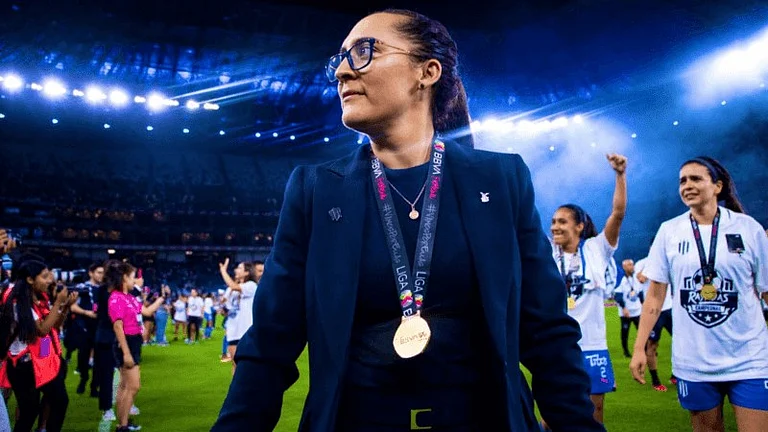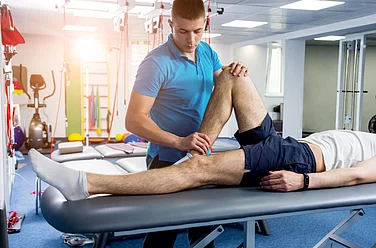In recent years, Indian athletes have made headlines with remarkable achievements. Neeraj Chopra’s javelin gold at the Tokyo Olympics, PV Sindhu’s consistent performance on the badminton court, and the rise of shooters and wrestlers on global platforms are all examples of how Indian sports are evolving. But behind each medal and milestone lies a crucial question: What kind of coaching helped shape these champions, and what will coaching in India look like in the future?
With the increasing use of artificial intelligence, sports analytics, and wearable technology, India stands at the crossroads of a transformation in how athletes train. The question is no longer just about who is coaching, but also about what tools are being used. Will human coaches continue to lead the way, or will machines become the new mentors? The more likely future may lie in both working together.
The Traditional Foundation
India has long valued human connections in sports coaching. Many athletes credit their success to dedicated coaches who not only trained them physically but also guided them emotionally and mentally.
Take the example of boxing champion Mary Kom, who trained under coach Charles Atkinson. Despite language barriers, Atkinson worked closely with Mary to fine-tune her technique and boost her confidence. Similarly, Dronacharya award-winning coach Mahavir Singh Phogat personally trained his daughters, including Geeta and Babita, in a deeply traditional and disciplined manner in Haryana. His belief in them changed the perception of women in wrestling and inspired a generation.
These stories show how strong relationships between coach and athlete can lead to life-changing outcomes. Coaches often act as mentors, psychologists, and role models. Their experience, intuition, and emotional understanding are hard to replace.
The Rise of Technology in Indian Sports
While traditional coaching remains important, sports training in India has entered a new phase. Institutions like the Inspire Institute of Sport (Bellary), JSW Sports, the Pullela Gopichand Badminton Academy, and the Abhinav Bindra Targeting Performance Centre are using cutting-edge technology to improve athlete performance.
For instance, Neeraj Chopra’s historic gold medal was not just the result of hard work. It was also supported by data-driven training in Germany, where his movements were analyzed using high-speed cameras and motion sensors. These tools helped him improve his throwing technique and reduce injury risk.
Similarly, the Indian men’s and women’s hockey teams have started using GPS trackers and video analysis software to monitor player performance. These tools help coaches plan strategies and manage player fatigue more effectively.
Even at the grassroots level, startups like Fitogether and SportsMechanics are helping Indian athletes track their progress through apps and wearable devices. These tools offer real-time feedback on speed, strength, stamina, and technique.
What Machines Can Do Better
Technology brings several advantages to coaching. Machines can analyze data faster, spot errors more accurately, and provide detailed performance feedback. AI tools can help study opponents, improve reaction times, and even predict injury risk based on training load.
For example, IPL teams like Mumbai Indians and Chennai Super Kings use data analytics to scout young talent and plan match strategies. The Indian football club Bengaluru FC uses wearable trackers during training to monitor player movement and make data-backed decisions about their fitness and game readiness.
Athletes from smaller towns who do not have access to elite coaches can now use mobile apps to get training plans and video tutorials. This makes quality coaching more accessible than before.
Why Human Coaches Still Matter
Despite all the data and devices, human coaches remain vital. Machines cannot feel an athlete’s nervousness before a final, nor can they offer emotional support after a defeat.
Consider the example of PV Sindhu, who trained under Pullela Gopichand and later under South Korean coach Park Tae-sang. Park did not just work on her smashes and footwork. He gave her the confidence she needed after a dip in form. This emotional support played a key role in her comeback and her bronze medal win at Tokyo.
Similarly, shooters like Manu Bhaker and Saurabh Chaudhary have spoken about the importance of mental strength. Their coaches often focus more on calming nerves than on fine-tuning technique. These are areas where machines cannot replace humans.
A Future of Collaboration
The future of sports coaching in India is not about choosing between man or machine. It is about finding the right balance. A human coach who is trained to use technology can offer the best of both worlds. They can provide emotional guidance while also using data to refine training.
The Abhinav Bindra Foundation is already training coaches in sports science and data interpretation. The goal is to make them more tech-savvy so they can use machines as tools, not as threats.
In Hyderabad, the Gopichand Academy uses video analysis to help players improve while also focusing on discipline, mental toughness, and mentorship. At IIS Bellary, young wrestlers and boxers are guided by both experienced coaches and performance analysts. This model is slowly spreading across India.
What Needs to Be Done
For this collaboration to work, coaches across the country need access to training in new technologies. The government’s Khelo India initiative is a good start, but it must include digital learning tools for coaches. Private academies must also invest in upskilling their staff.
At the same time, more affordable sports tech solutions need to reach rural areas and small towns. Only then can we unlock the full potential of athletes from every corner of India.
There is also a need to create policies around data privacy and the ethical use of AI in sports. Athlete data must be protected, and technology should be used to support and not control them.
Conclusion
India is moving towards becoming a global sporting power. But to reach that goal, coaching must evolve. Machines can offer speed, accuracy, and insight. Humans bring empathy, experience, and mentorship.
The future of sports coaching in India lies not in replacing one with the other, but in bringing them together. When man and machine work as a team, Indian athletes will not just compete. They will lead.



























